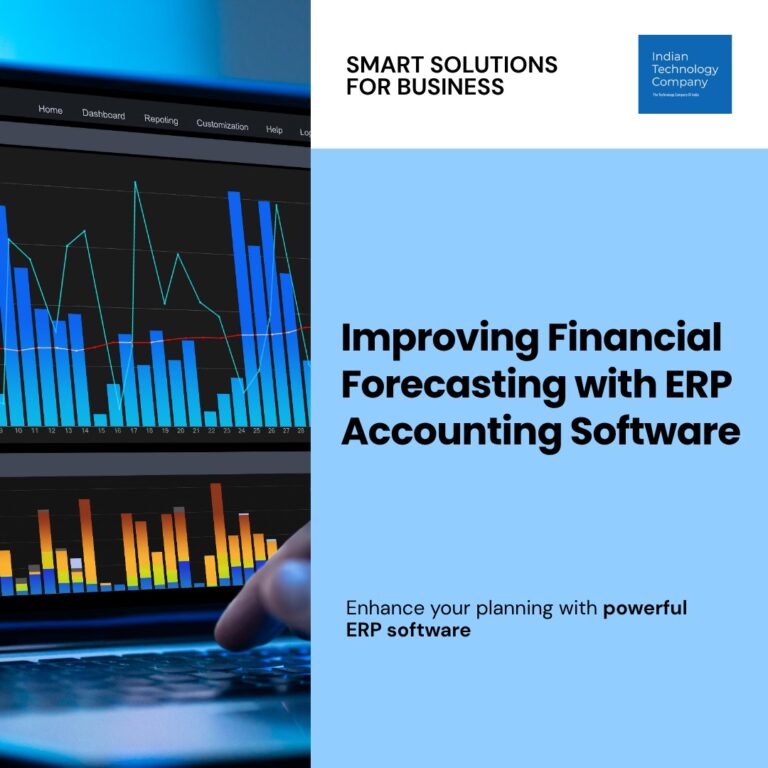Leveraging Big Data in Fintech for Better Decision Making
In today’s data-driven world, the financial technology (fintech) sector stands at the forefront of leveraging big data to drive innovation, improve decision-making, and enhance customer experiences. Big data, characterized by its volume, velocity, and variety, offers fintech companies unprecedented opportunities to analyze and interpret complex data sets, enabling smarter and more informed decisions. This article explores how fintech companies are harnessing the power of big data to revolutionize the financial industry.
Understanding Big Data in Fintech
Big data refers to the vast amounts of structured and unstructured data generated from various sources, including transactions, social media interactions, customer feedback, and market trends. In fintech, big data encompasses a wide range of information, from transaction histories and credit scores to behavioral data and real-time market analysis. The ability to process and analyze this data enables fintech companies to gain deeper insights into customer behavior, market dynamics, and operational efficiencies.
Enhancing Customer Insights
One of the most significant advantages of big data in fintech is the ability to gain a 360-degree view of customers. By analyzing customer data, fintech companies can understand individual preferences, spending habits, and financial goals. This granular level of insight allows for the creation of personalized financial products and services tailored to meet specific customer needs.
For example, personal finance management apps use big data to provide users with personalized budgeting advice, spending alerts, and investment recommendations. By leveraging data analytics, these apps can predict future spending patterns and offer proactive suggestions to help users achieve their financial goals.
Improving Risk Management and Fraud Detection
Risk management and fraud detection are critical areas where big data analytics make a significant impact. Traditional risk assessment methods often rely on historical data and static models, which may not capture the dynamic nature of financial markets and customer behavior. Big data, combined with machine learning algorithms, enables real-time risk assessment and more accurate fraud detection.
Fintech companies can analyze large datasets to identify patterns and anomalies that indicate potential fraudulent activities. For instance, unusual transaction patterns or deviations from typical spending behavior can trigger alerts, allowing for swift action to prevent fraud. Additionally, big data helps in assessing credit risk by evaluating non-traditional data sources, such as social media activity and digital footprints, providing a more comprehensive view of an individual’s creditworthiness.
Driving Operational Efficiency
Big data analytics also play a crucial role in optimizing operational efficiency within fintech companies. By analyzing internal processes and workflows, companies can identify bottlenecks, streamline operations, and reduce costs. Predictive analytics can forecast demand for financial products and services, enabling better resource allocation and inventory management.
Moreover, big data can enhance customer service by providing support teams with real-time information about customer issues and preferences. This allows for quicker resolution of problems and a more personalized customer service experience.
Enabling Real-Time Decision Making
In the fast-paced world of finance, the ability to make real-time decisions is a significant competitive advantage. Big data analytics empower fintech companies to analyze market trends, monitor financial transactions, and respond to emerging opportunities or threats in real time. This agility is crucial for activities such as trading, where milliseconds can make a difference in profitability.
For example, algorithmic trading platforms use big data to analyze market conditions and execute trades at optimal times. These platforms rely on vast amounts of historical and real-time data to identify trading signals and adjust strategies instantaneously.
Conclusion
The integration of big data in fintech is transforming the financial industry by enabling better decision-making, enhancing customer experiences, and driving operational efficiencies. As the volume and complexity of data continue to grow, fintech companies that leverage big data analytics will be better positioned to innovate, compete, and deliver superior value to their customers.
To fully harness the potential of big data, fintech companies must invest in robust data infrastructure, advanced analytics tools, and skilled data scientists. By doing so, they can unlock new insights, mitigate risks, and stay ahead in the ever-evolving financial landscape. The future of fintech lies in the intelligent and strategic use of big data, making it a cornerstone for success in the digital age.







Seriously loving the tic88app! It’s so user-friendly. Everything I need is right there at my fingertips. They did a great job with this app. Try it yourself: tic88app